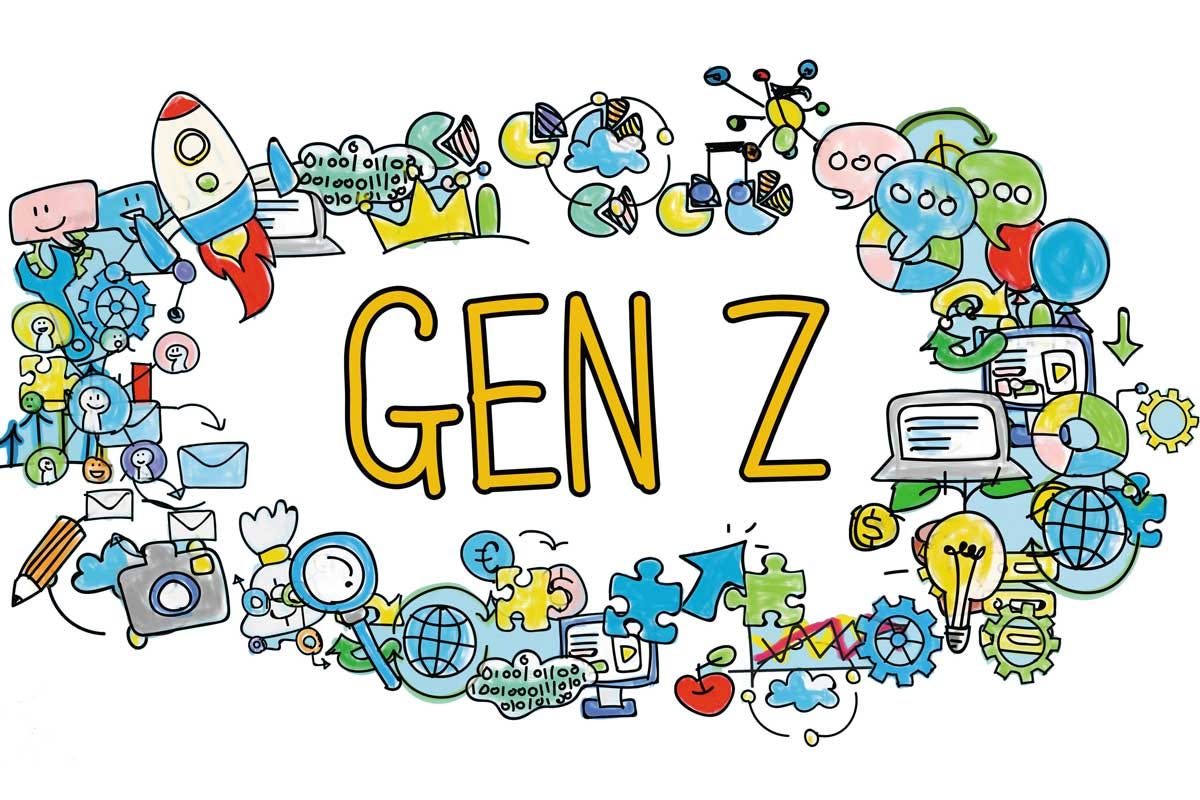Generation Z professionals are clear that they do not want to be bosses. They prioritise their autonomy and peace of mind over leadership and many want to be self-employed
There are several studies that show that the younger generations dream of a new career path, avoiding middle management positions and preferring autonomy in their work, independence and mental health, to having a management position.
There are several issues that demotivate young people in this respect. After years of seeing massive layoffs, wages that do not keep pace with inflation and middle management positions that are very tiring but not very well paid.
For example, a global survey by the Fiverr employment platform has concluded that 70% of Generation Z work as freelancers or plan to do so, a phenomenon fueled by the cost of living crisis, where wages do not adjust to the rate of inflation, and by the fear of facing AI-related layoffs. People also want more flexibility and autonomy in their schedules.
Better mental health than being a boss

In this regard, Natasha Stanley, professional coach at Careershifters.org, explains that “Generation Z is seeing people talking about burnout and they think that if that’s what’s coming, they’d rather design a career that really suits them, rather than working themselves to the bone for someone else’s benefit,” according to her words to Fortune magazine.
This report joins another very interesting one that we had already picked up from Genbeta which concludes that more than half (52%) of Generation Z employees have told recruitment firm Robert Walters that they would prefer not to be middle managers.
The majority of young workers (72%) would prefer to choose an “individual path to progress” than to manage other people. Even 36% of respondents who said they planned to take on a management position at some point in their careers admitted that they did not really want to do so.
Being a boss is more difficult because of the return to offices and layoffs

On the other hand, according to this study, “the few members of Generation Z who are still interested in the corporate world want to enjoy similar levels of autonomy as self-employed workers and do away with the structural basis of office work: twice as many members of the generation would opt for a flat organizational structure rather than a hierarchical one”.
On the other hand, now that many millennials have management positions, many say that this makes them unhappy, according to Jen Fisher, Deloitte’s human sustainability leader, to Fortune.
“Managers are caught in a particularly difficult situation right now” and she claims that middle management roles are becoming increasingly stressful due to different issues such as the tension of forcing workers to return to the officesor the constant rounds of layoffs.









